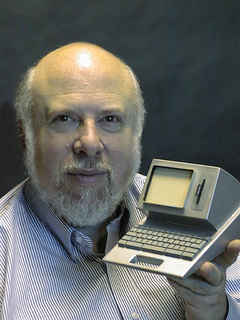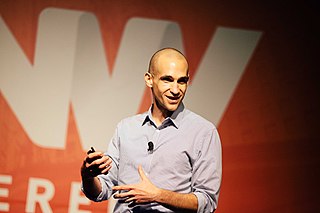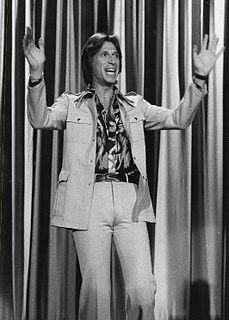A Quote by Jef Raskin
If I am correct, the use of a product based on modelessness and monoty would soon become so habitual as to be nearly addictive, leading to a user population devoted to and loyal to the product.
Related Quotes
User experience is really the whole totality. Opening the package good example. It's the total experience that matters. And that starts from when you first hear about a product experience is more based upon memory than reality. If your memory of the product is wonderful, you will excuse all sorts of incidental things.




































